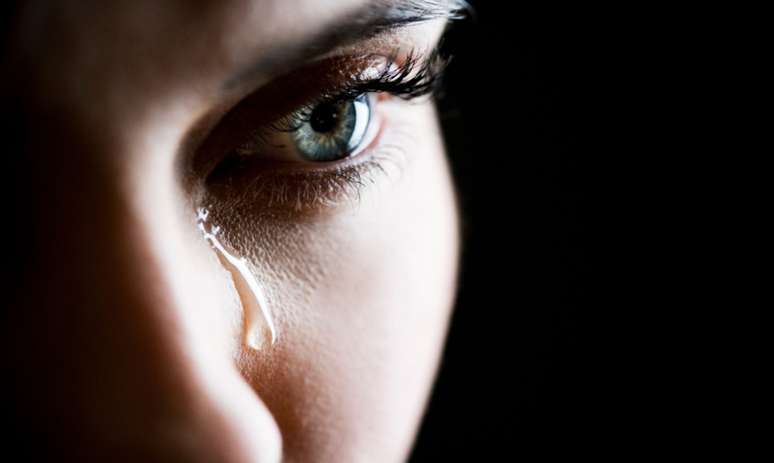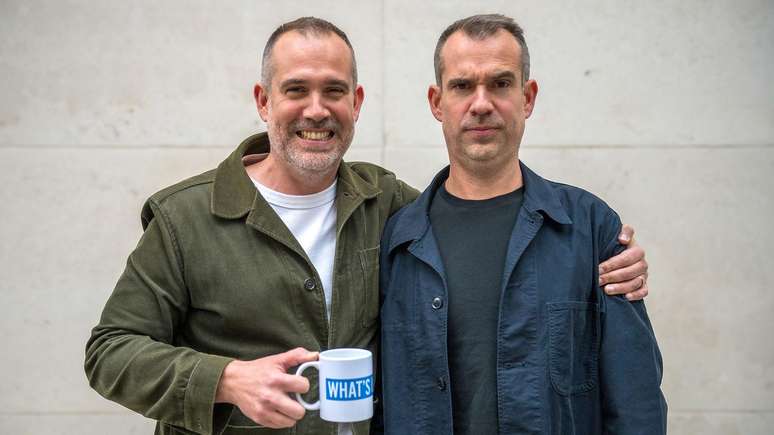The professional highlights the five most common emotional wounds and suggests ways to deal with the consequences in adult life
Who has never experienced an emotional wound? The problem is quite common and often appears in childhood. This period, even full of happy moments, brings many traumas and problems that impact adult life, negatively impacting aspects concerning personal and professional relationships. Therefore, it is important to pay attention to this load.
According to psychoanalyst Elainne Ourives, at birth, people are like a “blank slate”. And, over time, experiences, traumatic situations, wounds and conflicts accumulate, which cause emotional problems.
“These challenges need to be identified and resolved before it is too late. This is because past situations can drain vibrational energy, which can result in addictions and self-destructive behavior,” warns the expert.
According to the psychoanalyst there are other negative effects resulting from these unresolved issues such as obesity, binge eating, anxiety, nail biting, the recurring feeling of tiredness and the need to constantly apologize.
“The impact of these behaviors that we leave unresolved varies from person to person, but they generally have results negative emotional behaviors“, underlines the professional.
Elainne highlights the five most common emotional wounds and teaches how to deal with them. Watch:
Rejection
Among the most common emotional wounds is the feeling of rejection, or feeling rejected by parents, friends or romantic partners. According to the psychoanalyst this creates a deep scar and the inability to establish healthy relationships.
“To move on you need to work on self-knowledge and self-acceptance, trying to understand your qualities and valuing yourself”, he underlines.
Shame
Feelings of shame are another common emotional wound that can undermine confidence and lead to self-esteem and identity issues. “Experiences of humiliation, especially public or repeated humiliation, can undermine an individual’s confidence and prevent him from succeeding in his career,” she points out.
This is because an individual who has been exposed to the feeling of shame in childhood will avoid defending an idea, giving project presentations, or even giving a lecture, all of which are essential for those who aspire to a successful and notable professional life.
In these cases, restoring self-esteem can help you face fears and challenges with more confidence, advises the psychoanalyst.
Abandonment
Abandonment during childhood, whether physical or emotional, can lead to fears of rejection in adulthood, making it difficult to form secure bonds.
According to the psychoanalyst, this fear can lead us to avoid risks or constantly seek the approval of others, compromising our authenticity and our ability to establish authentic and satisfying relationships. Furthermore, it can prevent us from living fully, as rejection is part of the process of evolution and learning.
“Overcoming problems, in this scenario, can happen through building secure bonds and therapies focused on building trust, which can be a valuable path,” he underlines.
Injustice
Experiencing or perceiving situations of injustice also causes emotional wounds. This is because, according to the psychoanalyst, it can lead to feelings of impotence and mistrust in social relationships and authorities. This is the case of the feeling of injustice, which can generate profound frustration, affecting our emotional and mental well-being.
This emotional wound can also make us more cynical or suspicious of others and institutions. On the other hand, it can also push us to seek change and justice, motivating actions and movements that aim to correct perceived inequalities.
“Practicing resilience and engaging in actions that promote equity and justice can bring a sense of purpose and empowerment,” suggests Elainne.
Betrayal
Betrayal situations can lead to difficulty trusting others and yourself. “When this happens, we are faced with deep emotional pain that shakes our trust and sense of security. This event can lead to questions about our judgment and negatively affect how we build and maintain future relationships,” points out.
According to her, overcoming this feeling takes time and, often, an internal recovery process to restore trust in oneself and others. “Therapy can help in the recovery process, promoting forgiveness, rebuilding self-confidence and the ability to establish healthier relationships in the future,” concludes the specialist.
Source: Terra
Ben Stock is a lifestyle journalist and author at Gossipify. He writes about topics such as health, wellness, travel, food and home decor. He provides practical advice and inspiration to improve well-being, keeps readers up to date with latest lifestyle news and trends, known for his engaging writing style, in-depth analysis and unique perspectives.








